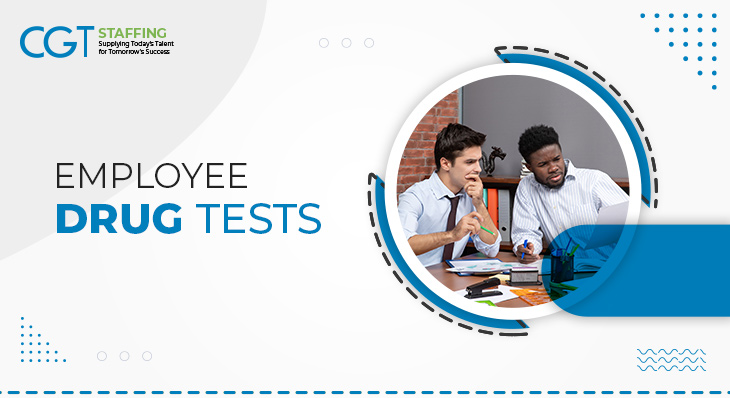Drug testing is the staple of the hiring process. Employers have been using this measure to churn out toxic employees and to mitigate the risk in terms of productivity, cost, liability, and overall employee well-being. This is a standard procedure and it’s unlikely to change in manufacturing, construction, automotive, and other industries where safety cannot be compromised.
However, as more states have started to legalize the use of cannabis, this has raised concerns among employers such as if drug screening for marijuana is still relevant. The information in this blog will help you understand workplace drug testing laws in the context of cannabis legalization and how to shape workplace testing policies.
Table of Contents
How Cannabis Laws Have Changed in Some States?
Under the Federal Controlled Substances Act, marijuana is listed as a Schedule I Drug. This means it doesn’t have medical value and it has the potential for abuse. Back in 1996, California was the first state to legalize the medicinal use of cannabis. Subsequently, the Obama administration eased the illegality of marijuana as state laws, as several other states have approved the use of marijuana.
At present, 37 states in the United States have legalized the medicinal use of cannabis; moreover,18 states have legalized the recreational use of cannabis.
While cannabis continues to remain an illegal substance under the federal act, the federal government has taken a states-first approach to the regulation and enforcement of the cannabis industry. Even in the state where marijuana is legal, court decisions and statutes provide workplace protections. Court interpretations vary from state to state as well.
Cannabis Legalization and Workplace Drug Policies
Due to the rapid change in the legal landscape surrounding cannabis, employers have to navigate a maze of federal and state statutes including court decisions before developing and revising drug test best practices and substance abuse policies around the use of cannabis. In other words, employers must face a complex patchwork of state legalization and conflicting federal laws when it comes to developing workplace drug policies.
Since marijuana is still considered illegal under federal law, federal laws do not protect its usage. The policy to accommodate marijuana users or permit off-duty usage will vary by state law.
Will Drug Test Remain Relevant?
With the changing law around the legal use of cannabis, the decision to drug test employees is no longer as straightforward as it once was. An organization can’t simply decide to drug test its potential mortgage recruiters without consulting the law.
The state laws define whether a positive marijuana test can be used to refuse employment or discipline a worker and the steps employers must take before making an employment decision. Despite the state and local laws, employers can still generally test for marijuana. They are not restricted from complying with the federal drug testing requirements.
All state laws prohibit the use of marijuana on company property and restrict employees to work under the influence. Therefore, the decision to implement a zero-tolerance drug policy or a drug test policy remains unclear.
How Employers Must Respond to This Change?
A pre-employment marijuana drug test can deter applications from applying to a company, which can be counterproductive if the organization has been employing the best talent acquisition strategies to attract top talent.
In this situation, attracting new employees and navigating the challenges of federal, state, and local cannabis laws can be challenging. Here are some best practices that will help employers can understand employee rights, adapt to the change, continue to attract talent via centralized recruitment and other models, and ensure workplace safety for everyone:
- No state law requires employers to tolerate the use of marijuana on the company premises or allow the employees to work under the influence.
- It’s acceptable to maintain zero-tolerance drug policies if employers are mandated to perform drug panels by federal statutes or if an employee is being hired for a safety-sensitive role.
- An employer can deny accommodation to employees who use medical marijuana in states that have legalized cannabis but do not have anti-discrimination and/or accommodation mandates for recreational and medical users of marijuana.
- In the states where marijuana is legal, consider not testing for marijuana since its metabolites can remain detectable for several days even after the employee is no longer under the influence.
- Train managers and supervisors to detect suspicious behavior of intoxication and document those behaviors on which the decision to conduct the drug test was based
- Take disciplinary actions against the employees who attempt to work under the influence of marijuana
Cannabis laws are tricky to navigate. There’s no one-size-fit solution for all situations. Therefore, it helps to develop and implement drug test policies by carefully going through the federal, state, and local mandates and getting assistance from a Pittsburgh staffing agency to source the right talent.
